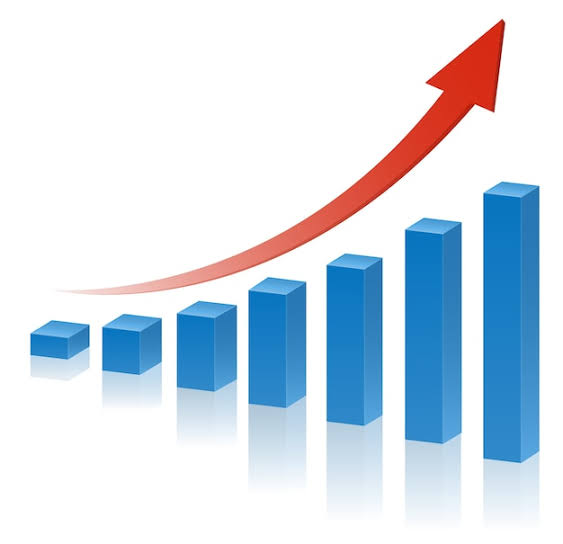The National Bureau of Statistics has disclosed an increase in Nigeria’s overall inflation rate to 24.23% in March 2025, rising from 23.18% in February 2025, reflecting a month-on-month rise of 1.05%.
On a monthly basis, the inflation rate also surged to 3.90%, 1.85% higher than the 2.04% recorded in February 2025, showing an accelerating rise in general price levels across the country.
This change coincides with the formal rebasing of the Consumer Price Index by the NBS, which substituted new price and weight benchmarks for the 2009 reference periods in 2024 and 2023, respectively.
The agency explained that this rebasing exercise is aimed at enhancing methodological accuracy, better aligning the CPI with Nigeria’s current economic realities, and capturing the evolving consumption patterns of households.
According to the NBS, “Rebasing aligns the price and weight reference periods with the current economic environment, ensuring methodological accuracy, updating the composition of the goods and services basket, revising item weights, and incorporating necessary improvements.”
The updated basket now includes 934 product varieties classified into 13 divisions under the COICOP 2018 framework.
The newly rebased CPI framework comprises key indices including: Urban National Index, Rural National Index, Headline Index, Food Index, Core Index, Imported Food Index, Goods and Services Index, Energy Index, All Items Less Farm Produce Index and Farm Produce Index.
This complete system ensures a solid price monitoring between fields and regions, thus supporting an effective economic policy formula.
Food inflation rate stood at 21.79% in the annual shift in March 2025, while the re-based food index for January 2025 was 110.33, showing an increase of 26.08% of the food price compared to January 2024.
This reflects the continued strain on household food consumption due to rising prices of staples and perishable goods.
The most recent inflation data shows a pattern of varying rates caused by seasonal and economic factors: December 2024 headline inflation was 34.80%, up 0.20% from 34.60% in November 2024, owing to higher consumer demand over the holiday season.
However, on a month-on-month basis, December’s inflation rate slowed to 2.44%, from 2.64% in November.
From 28.20% in November 2023 to 34.60% in November 2024, the inflation rate increased by 6.40% year over year.
The rate was 2.638% month over month, which was marginally less than the 2.640% rate that was noted in October 2024.
In January 2025, following the CPI rebasing, the All Items Index stood at 110.68, with headline inflation at 24.48%, and core inflation which excludes volatile agricultural products at 22.59%, based on a core index of 110.87.
The NBS emphasised that rebasing is an important step towards modernising Nigeria’s inflation calculation technique and will provide a more accurate reflection of the country’s cost-of-living adjustments.
The exercise is also expected to improve the data basis for informed policy actions in macroeconomics.
With inflationary trends staying elevated due to inherent inefficiencies, reliance on imports, and fluctuations in currency value, the revised Consumer Price Index framework provides a more transparent perspective for economists and decision-makers to evaluate economic outcomes and devise effective actions.

